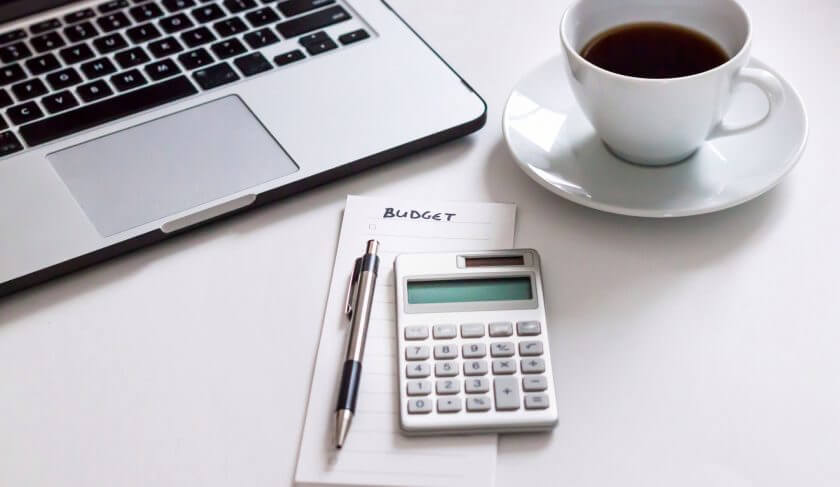I remember the first time I was introduced to budgeting. It was similar to the first time I met my husband: significant in hindsight but hardly memorable.
I was having a conversation with my best friend’s husband. He was a rare person in my life then: someone who talked about money with complete candor.
When you grow up without money like I did, it’s not a thing to love. Rather, it’s a thing you never ever have enough of — a constant source of stress and frustration. I thought you were supposed to hate money and the relentless pursuit of it. I didn’t know you could find joy in it.
Naturally, I was also broke. Aimless, young, and perpetually wondering where all my money went. Wait, I had a thousand dollars on Monday. Why is there $300.33 in my checking account on Sunday? It makes me cringe to remember.
So when my friend told me about this magical “budget” thing, which gave him complete control — and freedom — I was skeptical.
I thought budgets were for rich people. That thinking about money so often would suck the joy out of everything. So I nodded politely when he showed me his spreadsheet. And I sat quietly while he told me how to track my spending. Then I promptly put all of it away and let it sit there for two years, untouched.
But then it happened again. My husband (then my boyfriend) and I were sitting around at the end of the year, both of us wondering where all our money had gone. Something had to change.
Follow the 50/20/30 Rule of Budgeting
I dug up the blank spreadsheet and started plugging in my own numbers. It follows the basic 50/20/30 formula. It’s so simple that it’s kind of stupid. I couldn’t believe I’d been intimidated by it.
The first step was thinking of my money as a whole. When you add up all your paychecks for the month and look at the total, you know exactly what you’re working with — no more, no less.
Say that number is $3,000. Here’s how it breaks down:
- Put 50 percent ($1,500) toward your bills (your “needs” category — fixed expenses like mortgage, utilities, car payments, groceries).
- Save 20 percent ($600) toward your goals (like retirement, a new car, and/or an emergency fund).
- The final 30 percent ($900) goes to day-to-day spending for the month (“wants,” like meals out, new shoes, movies).
Of course, the first thing you might say is, “What if 50 percent doesn’t cover all my bills?” If that happens, take money from your “wants” to help your “needs” since your day-to-day spending is the most flexible and the easiest place to cut back.
So there are some months where instead of 50/20/30, it looks like 55/20/25 or even 60/20/20. (If you take away all your “wants” and it’s still not enough to cover your “needs,” it might be time to downsize or start earning more.)
Once my money was allocated to these constants, I could think about it clearly. No delusions allowed. No mystery as to whether I could afford that frozen yogurt in small or large, whether I could book a weeklong vacation or only a weekend away.
It helps me prioritize, assign value and make concessions that feel empowered, not restrictive, and purposeful, not inevitable. I went from not knowing where my money was going to downloading an app that tracked every single penny (of my “wants”).
Now, instead of fearing money, I see it as a tool. One that, when used correctly, can create the life I want to live. Money is no longer taboo, but something to discuss, share, even love. And the backbone of this new relationship: my budget.
READ MORE:
SUBSCRIBE: Get behind-the-scenes financial insights from our own Jean Chatzky. Subscribe to HerMoney today.








